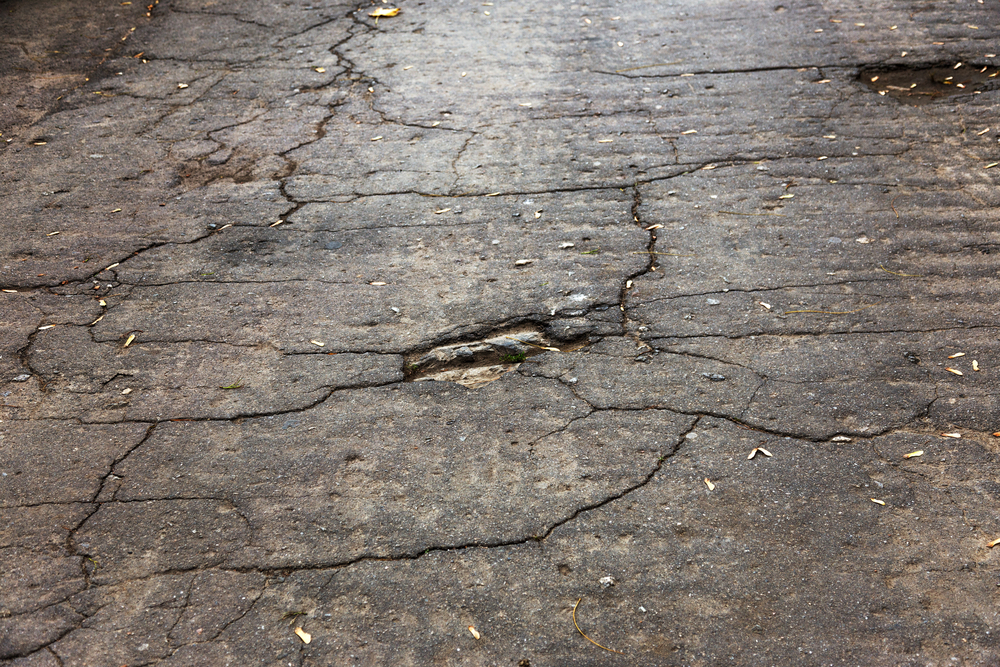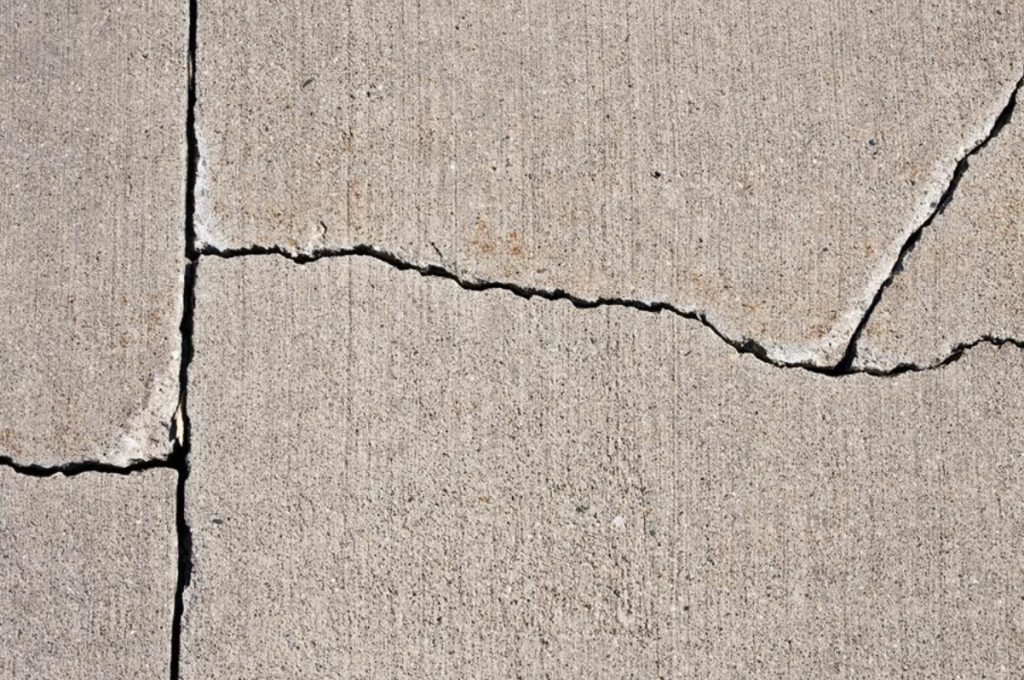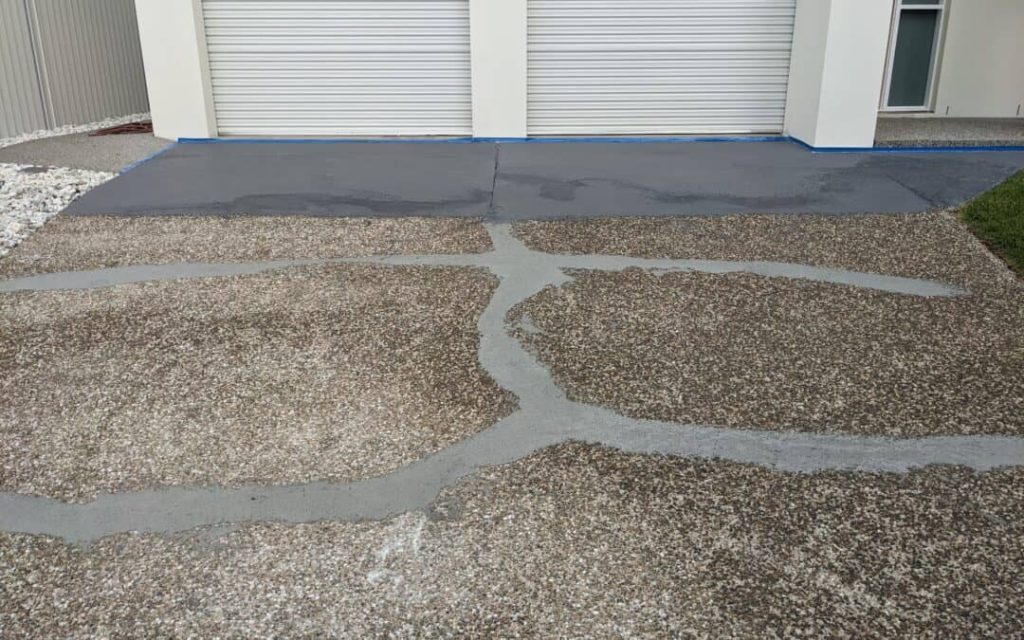
Concrete driveways are a popular choice in Australia due to their durability and aesthetic appeal. However, they are not immune to cracking.
This article delves into the various reasons why concrete driveways crack, shedding light on this common issue faced by homeowners.
The Composition of Concrete and Its Role in Cracking
Concrete is a composite material composed primarily of cement and water.
When concrete is placed, it typically contains more water than needed for the hydration of the cement.
As concrete hardens and loses excess water, shrinkage begins, often leading to cracking.
This is especially apparent within the first 30 days as the concrete contracts due to the evaporation of water.

Factors Contributing to Concrete Driveway Cracking
Water-Cement Ratio and Drying Shrinkage
The water/cement ratio greatly influences drying shrinkage.
A higher ratio increases the likelihood of shrinkage and, consequently, cracking.
Factors like the composition of cement, the mineral composition of the aggregate, and environmental conditions like humidity and temperature also play a role.
Environmental Conditions
In Australia, varying climatic conditions can exacerbate cracking.
Plastic shrinkage cracks can occur due to a combination of wind velocity, low relative humidity, and high ambient temperature causing rapid water evaporation from the concrete surface.
Freeze-Thaw Cycles
Although more relevant in colder regions, freeze-thaw cycles can cause significant cracking.
Water that penetrates and freezes within the concrete expands, creating internal pressure that leads to cracking.
Soil Movement and Heavy Loads
The soil beneath a driveway may shift or settle over time, causing cracks as the concrete adjusts.
Additionally, excessive weight from vehicles can stress the concrete beyond its capacity.
Tree Roots
The growth and expansion of tree roots beneath a driveway exert immense pressure, leading to cracking.
Improper Installation Practices
Poor installation practices, such as inadequate curing, improper mix ratios, or insufficient reinforcement, are common culprits behind driveway cracking.

Prevention and Repair
While some factors leading to cracks in concrete driveways are beyond control, there are preventive measures:
Proper Installation
Ensuring professional installation with appropriate reinforcement and preparation is crucial.
Quality Concrete Mix
Utilizing high-quality concrete mix designed for specific climatic conditions and usage requirements can reduce the risk of cracking.
Regular Maintenance
Sealing the concrete driveway can protect it from moisture infiltration and mitigate freeze-thaw damage.
For existing cracks, various repair techniques can be employed depending on the severity, ranging from simple DIY methods to professional interventions for significant cracks.
Conclusion
Understanding the reasons behind concrete driveway cracking is vital for both prevention and repair.
Factors such as environmental conditions, the water-cement ratio, soil movement, and installation practices play significant roles.
By acknowledging these aspects and undertaking appropriate preventive measures, homeowners can prolong the life and appearance of their concrete driveways.
